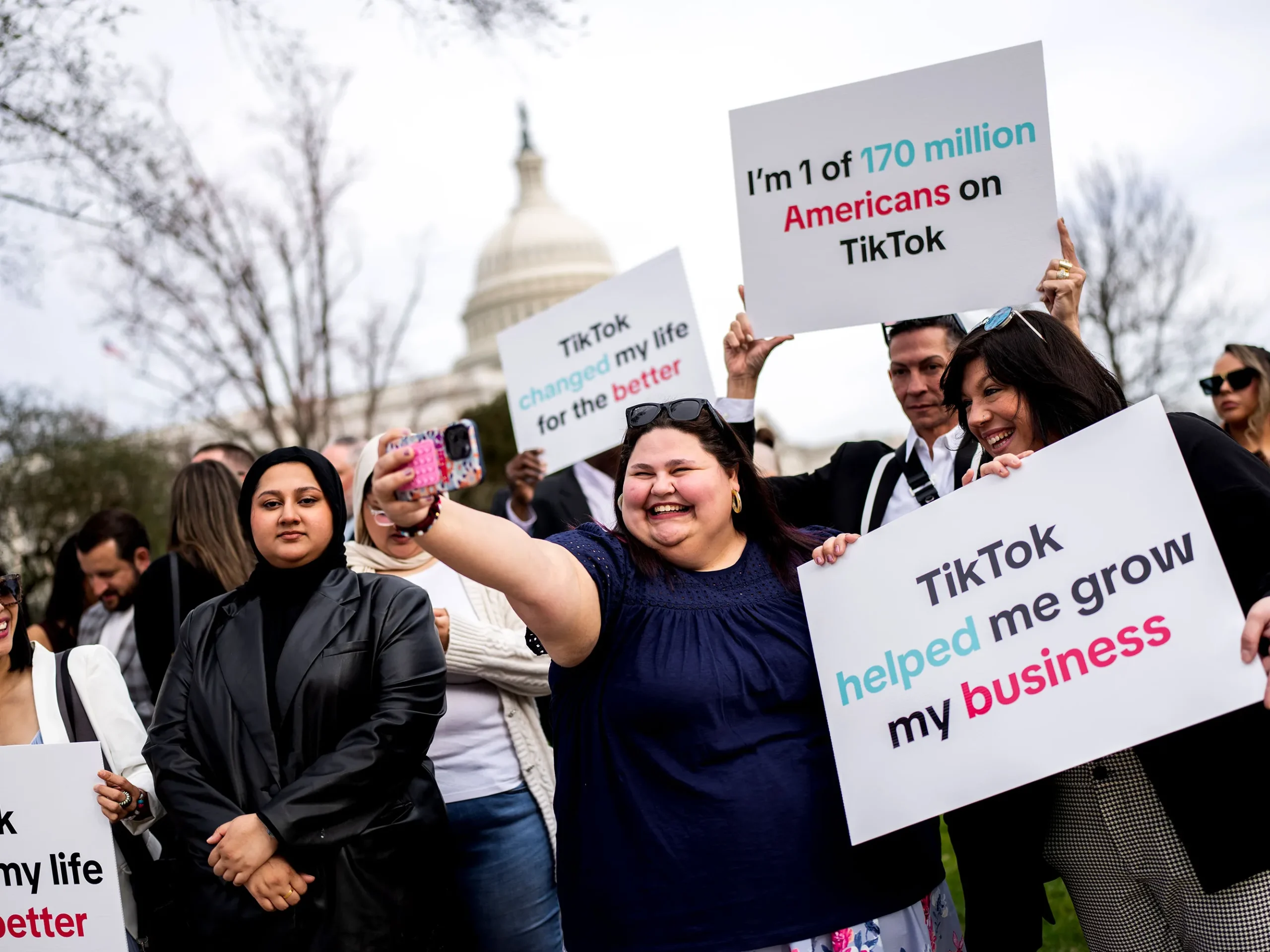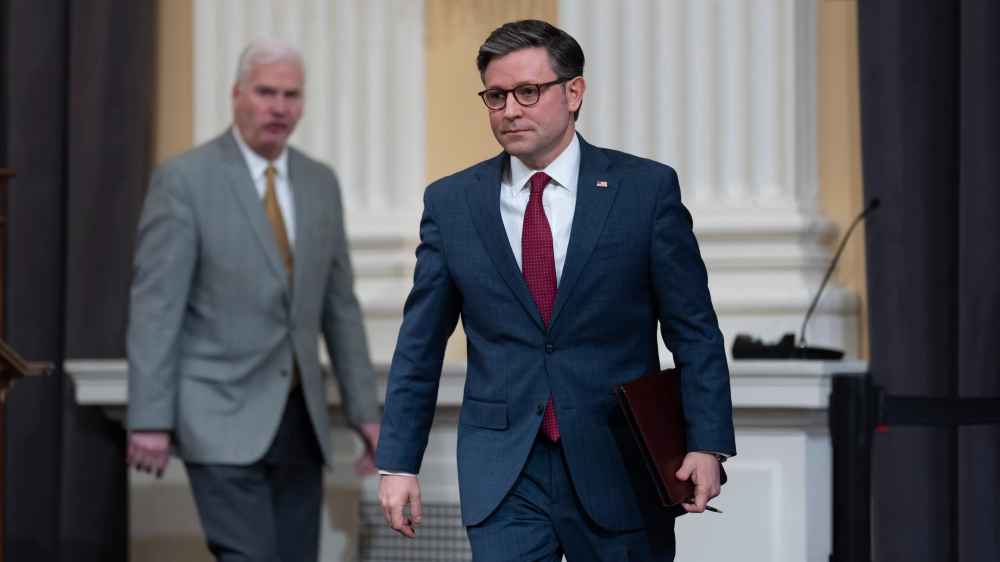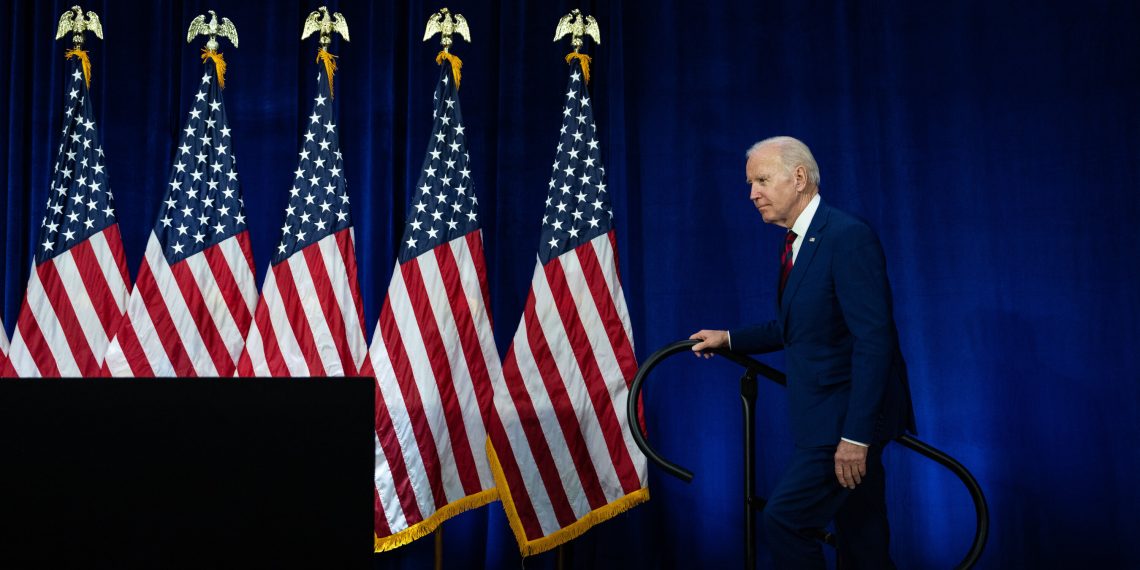President Joe Biden‘s proposed ban on TikTok poses a dilemma, potentially impacting his reelection campaign’s outreach to younger voters.
Despite Biden’s own campaign utilizing TikTok successfully, concerns over the app’s ties to the Chinese government have prompted House Republicans to push for ByteDance, TikTok’s owner, to divest its U.S. operations.

The ban threatens to disrupt the political discourse, particularly among Democratic-leaning demographics who are active on the platform. With TikTok serving as a key medium for engaging younger voters, the loss of access could hinder Biden’s efforts to connect with this vital segment of the electorate.
TikTok’s user base skews heavily towards demographics that traditionally support Democratic candidates, making it a valuable tool for political messaging and mobilization.
However, concerns over national security have prompted calls for action, with Republicans emphasizing the need to address potential risks associated with Chinese ownership of the platform.
The proposed ban raises questions about the future of political communication and engagement, especially as social media platforms play an increasingly significant role in shaping public opinion.

Despite assurances from the White House that national security concerns outweigh potential impacts on political campaigns, the ban could have far-reaching consequences for both parties.
While the Biden administration has taken steps to engage with TikTok influencers and amplify its message through the platform, the looming ban underscores the complexity of balancing national security interests with the need for effective political communication.
Ultimately, the fate of TikTok remains uncertain as lawmakers debate the proposed measures. In the meantime, political campaigns are left to navigate the evolving landscape of social media and adapt their strategies accordingly.




